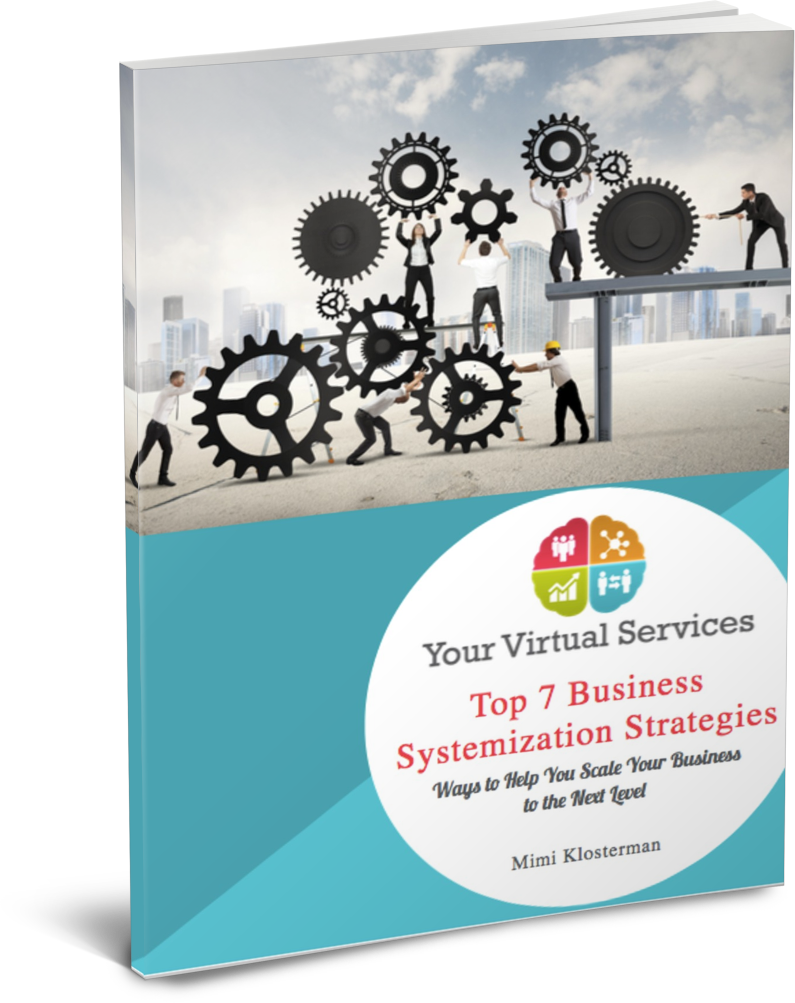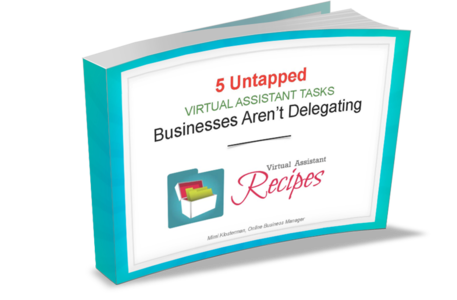USP, what is it?
We first talked about Unique Selling Proposition or USP a few months back. You can read that first before delving into part 2 below…
Finding your USP or unique selling position and the value you add to your customers might come easy for you or you might need some help. There are several ways you can do this. One way is to ask yourself certain questions. Another is to make a list. Either method will help you come up with ideas of the value you can offer.
According to Alice Seba of Contentrix, “What you need is a certain angle when it comes to your topic area. This will help you find your true value, stand out from others in your market (even if they technically know more than you do), help build a relationship with your readers, build word-of-mouth, and plenty of repeat visitors.”
It might take you some time to develop a good USP and it may even involve more than one person. Discuss it with your partners or other people whose feedback you value. Don’t forget to include your customers.
Questions you should ask yourself to find your USP:
Basic questions:
1. What products or services are you selling?
2. Who is your target audience?
3. What does your business do well?
4. What is your most important customer-focused business goal?
In-depth questions to find USP:
1. What are you or your product’s unique strengths? Its weaknesses? Its unique benefits?
2. What is lacking in your market?
3. What does your market want?
4. What about your solution to your market’s problem is better than or different from your competitions?
5. What specific emotional needs are being met by your service?
6. What aspects of your product make it difficult for your competitors to duplicate or imitate?
7. How can you answer your customer’s primary concern: “What’s in it for me?”?
8. What pain or discomfort does your product or service alleviate or take care of?
9. What does your product do better than your competition? Are you faster, more thorough, or more knowledgeable? Are you more reliable or have better terms?
10. Do you offer a better or longer or more comprehensive warranty than is normal in your industry?
11. Does your company make it easier for the customer than your competition? How? What about in these areas:
– More customer education and teaching?
– Free consultations?
– Bonuses?
– Incentives?
– Better customer service and follow-up?
– The preferred treatment for preferred customers such as frequent buyer’s clubs, etc.?
Find Your True Value …
There are different angles you can take as well. The one you take depends on your strengths, your market and your interests. Here are a few idea starters to get you thinking creatively:
The Information Provider:
Are you someone who provides a wide variety of information to your market? You might publish a lot of articles on a variety of topics within your niche.
The “Exposer”:
Are you working in a market with a lot of misinformation and people spreading this information for their own agenda? While you may not want to be out to pick fights, you might be the “exposer” who shows your readers the truth and their options.
The Example:
Are you living what you’re teaching? Have you lost 50 pounds or have you helped a lot of clients get free publicity? If you’re living what you do, you can pass on your knowledge through example.
The Analyst:
Do many people in your market skim over the details, but you like to take the time to analyze and explain them?
The Step-by-Step Teacher:
Does a segment of the market crave step-by-step help…a map laid out for them? Do you have a knack for explaining things in logical steps and process? Do you like to create step-by-step tutorials, videos and other help?
The Cheerleader:
Does your market need encouragement and is this something you like to do? Do you like to interact and give your readers that extra push to accomplish their goals?
The Knowledgeable Service Provider:
Are you a service provider who can offer additional information that is useful to your clients? Perhaps you work as a bookkeeper, but provide tips on better managing money, working with a bookkeeper, etc.
(source: Alice Seba of Contentrix)
The questions might be hard to answer and might even seem daunting, but remember that’s the kind of reaction your customers might be feeling when choosing who they want to work with or buy from as well.
Take your time to do some soul searching and drill down how you can benefit those you serve when trying to come up with your USP.
Not sure what tools and strategies to use for your business? Get a copy of the Top 7 Business Systemization Strategies to give you a head start.
Click the ebook below…


